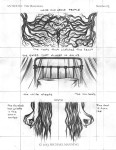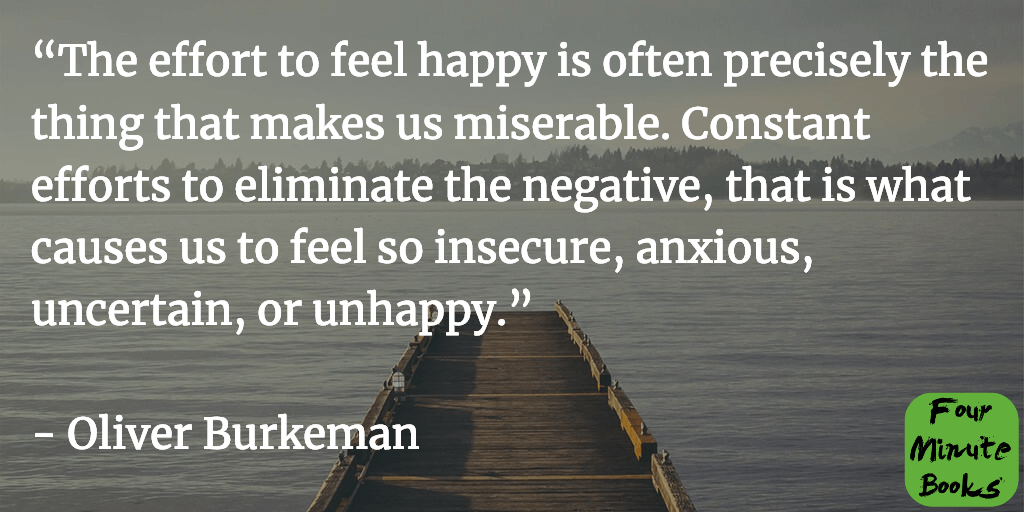

If you’re someone who thinks that all the self-help books on the power of thinking positively, and books like “The Secret” are garbage, well, you’d love this book.Īnd. The name of the book is “The Antidote: Happiness for People Who Can’t Stand Positive Thinking” by Oliver Burkeman. I talk about a lot of these topics here on the podcast, and I do think there are valuable lessons to be learned.īut… like I said, the book I read for today’s episode is different.

THE ANTIDOTE BOOK HOW TO
The self-help genre covers subjects like motivation, how to be happier, how to be more productive, the importance of goal setting, basically, self-help books teach us how to be better humans. The Antidote: Directed by Kahane Cooperman, John Hoffman. Why shocking? Because today’s episode is on a book that pretty much disrupts a lot of the self-help genre. At first, repulsed as intrusive by participants, his effort was partly successful, as the "negative path" winds up in a graveyard.Ħ:27:13 The Antidote: Happiness for People Who Can't Stand Positive Thinking, a book reviewĥ.25.Get the premium English lesson at Today’s lesson might be a little shocking for some of you, especially because it’s coming from me, someone who talks a lot about personal development. Discover Books Seller rating: This seller has earned a 5 of 5 Stars. Tolle in his apartment, describe the man in person, fold in some key concepts (there is no self), then leave.īurkeman concludes his odyssey seeking out first-hand experience on the Day of the Dead in Mexico in situ. by Oliver Burkeman Condition: GOOD ISBN 10: 0865479410 ISBN 13: 9780865479418 Seller. His psychology is much more than transcending fickle emotions as in "feel the fear and do it anyway."Īnd when he goes to that contemporary popularizer of Buddhism (or the dumbed-down version), Eckhardt Tolle, we get little more than hotel journalism: Fly to Vancouver, take an afternoon visit with Mr. So Buddhism must inherently be non-attached and included on the negative path.īut when Burkeman took on psychology pioneer Shoma Morita and his Buddhist-derived therapy, I saw journalistic superficiality shining through. Positive thinking certainly is a form of attachment and desire. Next Burkeman examines Buddhism, a psychology that posits attachment as the source of suffering. He relates not only what these past philosphers wrote and lived, but also interviews a modern Stoic in the person of Albert Ellis at age 93, in the final months of his life. That done, Burkeman introduces the negative path by considering the Stoics and their commitment to rationally endure anything, knowing it could be worse.

What he writes, though, is a bit of a cheap takedown, ad hominen arguments against Schuller, who, for Burkeman, must stand for all amiss with positive thinking. Given life has its trials, he asks us to lower our expectations and follow "the negative path." To illustrate, The Antidote essays his personal appreciation of Stoicism, Buddhism, memento mori and the like.īurkeman gets things underway by attending a televangelist Robert H. Oliver Burkeman's The Antidote: Happiness for People Who Can't Stand Positive Thinking would vanquish upbeat self-help books.


 0 kommentar(er)
0 kommentar(er)
